How a Caribbean Chef Is Unearthing the Hidden Stories of Martha’s Vineyard
Deon Thomas’s unique eatery showcases another side of the island.

The history and even current reality of Martha’s Vineyard, a popular vacation spot off the coast of Massachusetts, is often overlooked or mischaracterized. Celebrities including David Letterman, Meg Ryan, and Jake Gyllenhaal flock to the 20-mile long island, with its idyllic beauty, serene beaches, and honor policy pay-as-you-go farm stands. Many also associate Martha’s Vineyard with the strong, fraught presence of the Kennedy family who helped it earn its badge as summer isle for white American royalty.
It’s not surprising that successful restaurateurs, such as the Jamaican-born, Anguilla-formed, New York-trained Chef Deon Thomas, might set up their eateries on the island. But his current establishment, which is housed inside the Veterans of Foreign Wars Hall, contrasts with the mostly white-owned, farm-to-table restaurants across Martha’s Vineyard. Serving New American food with a Caribbean spin, his customers include African-American vacationers and luminaries (who have a history on the island longer than the Kennedy family) and veterans who live in town year-round. In many ways, Deon’s illuminates the true and often hidden stories of the heralded island.

Before opening Deon’s, Thomas, who is also an ordained minister, trained in elite New York kitchens, including a year as a chef at 40/40, Jay-Z’s restaurant in New York City and Atlantic City. For a decade he worked as a summer chef in the Hamptons while owning and running multiple restaurants in Anguilla during the winter. A trailblazer, he eventually bought and ran a high-end, Caribbean-inspired New American restaurant called The Cornerway in Chilmark. The area is a mostly white, wooded region of Martha’s Vineyard that fills with politicians, celebrities, writers, and lawyers each summer. “A Black kid in Chilmark, of all places,” he says, incredulous.
After The Cornerway, Thomas opened two other restaurants on Martha’s Vineyard: Deon’s in West Tisbury, which burned down, and Deon’s on Circuit Avenue, the main hub of the large town of Oak Bluffs. When that closed, he opened the current-day Deon’s at the VFW, where he rented the space for its enormous commercial kitchen, transitioning from full-time restaurateur (you can still eat there, on paper plates with plastic forks) to one of the island’s top summer caterers.

“I do big parties,” Thomas says. “I am a premier chef for the African diaspora on the island … White, too, but more the Black community, the bourgeoisie of America.” So in addition to the Clintons (“Hillary and Bill”), he says he’s cooked for the Obamas (“Barack and Michelle”) and many Black intellectuals such as Henry Louis Gates Jr. (“Skip Gates and all the professors”).
To many outsiders, President Barack and Michelle Obama’s arrival on Martha’s Vineyard, in 2009, might have seemed to signal a change on the island, as if they were entering a largely wealthy white space, much as they had when they entered the White House. But the island has long been a popular vacation destination and year-round haven for African-Americans. “They have been here since the 1930s or longer,” says Thomas. “Since the church brought them here. The underground railroad trail is here.”

Deon’s is located in Oak Bluffs, one of six island towns that was first inhabited by Native Americans from the Wampanoag tribe. When Europeans arrived from England and Portugal (specifically the Azores), enslaved West African laborers came with them. After emancipation, freed slaves came to work on the island, and a strong African-American community was built around Baptist Temple Park. In the 1930s, Oak Bluffs was the only town on the island that allowed Black guests, and it developed into a premier African-American vacation destination.
The menu at Deon’s is hard to categorize, which is how Thomas likes it. He was born in Jamaica, came into his own as a chef in Anguilla, and was trained by international chefs in the United States. So calling it “Jamaican food” doesn’t quite capture the menu, which he calls “real eclectic Southern fare, from the Caribbean and the American South.” He serves braised oxtail, conch stew, and curried goat, none of which he thinks are categorically Jamaican.
The jerk chicken, however, which is best ordered spicy, he refers to as distinctly Jamaican. “Hail,” he says, “to the jerk chicken.” He serves everything from chicken and waffles to blackened alligator, which he sources in North Carolina and cooks with caramelized onions. “I am always on the cutting edge when it comes to food,” he says, recalling the diverse array of kitchens he trained in. “My menu stems from everywhere.”
That includes local waters. For an array of his dishes, including conch soup and conch fritters, Thomas sources local channel welch conch from Menemsha, a storied fishing village across the island. “Mohawk gets it for me,” Thomas says. “He is a conch man that fishes outside of Menemsha. He’s a member of the Fisherman Preservation Trust.” The chef’s upcoming book, The Martha’s Vineyard Conch Cookery, edited by local West Tisbury Poet Laureate, Emma Young, is an effort to resurrect origin foods of the island. “No one here uses it,” he says of the conch. “It’s a traditional food of the region—part of the traditional diet of the Portuguese and the Tribe. They ate it and it was lost. So, I’m on a mission to get it back to the tables.”

To enter Thomas’s restaurant, you drive through Oak Bluffs’ tree-lined back roads away from the harbor. Suddenly, as if out of thin air, there it is: Deon’s, nesting inside, of all places, the Veterans of Foreign Wars Hall (VFW), one of just a few venues open year-round on the island. On one side of the VFW clubhouse, the members-only bar (they make exceptions for everyone) is always full: with people and plastic-cupped alcohol, rock and roll and war medals. The clientele is mostly men and usually majority-white. Bandanas, hats, and tank tops are common; so are mullets and long mustaches. Many smoke and most have war records.
Martha’s Vineyard is renowned as a wealthy getaway, but that’s just one slice of the island. After the summer, mini-mansions are boarded up and the quiet resumes, leaving a population of roughly 17,000, a huge contrast to the 100,000 people on the island during summer. The island is a lovely place to live in the off-season, but it also experiences poverty, opioid addiction, and an ongoing housing crisis. These aspects of the island are sometimes evident at the VFW bar.
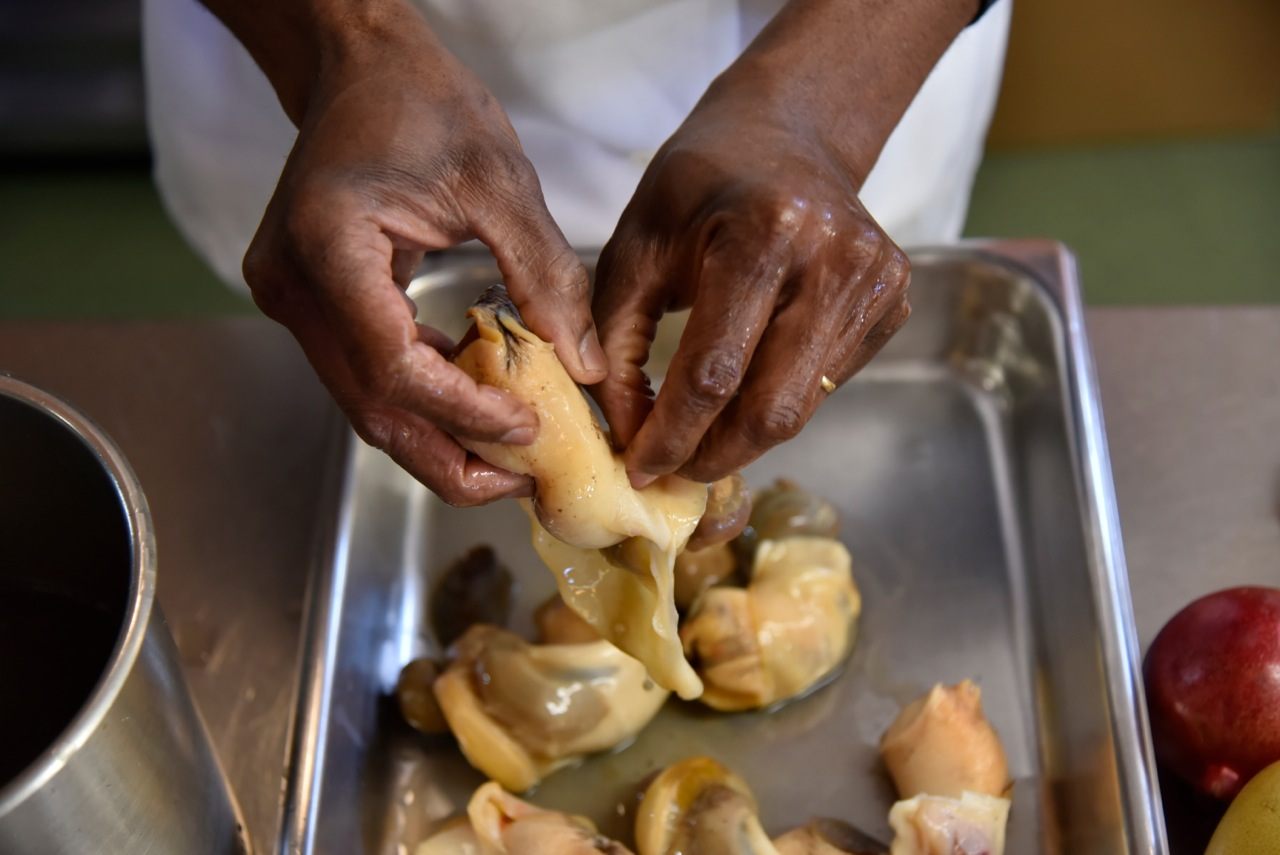
Thomas knows that many Black people have avoided the VFW and felt unwelcome there in the past—feelings I heard echoed from members of the African-American community on the island. Many grew up in Oak Bluffs, biked or walked past the VFW, but didn’t go inside or approach, often seeing the older vets as foreboding.
“So, you know, hey,” Thomas shrugs, referring to his thriving, Black-owned business in the traditionally conservative space, “we have evolved.”
A door in the VFW bar leads to a silent wooden hallway, and through a second door lies another planet: Deon’s. There are burnt orange walls (painted by Thomas himself), fake flowers, and old-school reggae. But the influence of the VFW—American flags, giant plaques—is there too. “It’s a military space,” Thomas says.

When I visit, the restaurant is half-empty. A mix of veterans, local and visiting African-Americans, and homesick islanders from Jamaica, Barbados, and Antigua either here to work for the summer, or long-time residents who made this island their home, are eating quietly and contentedly. Drinks are purchased at the bar, and brought in plastic cups back to the restaurant through the doored hallway. The staid scene looks very different from the long, enthusiastic lines that form at the booth for Deon’s at the local Agricultural Society Fair come August.
Very few summer people know of the VFW bar—or that Deon’s is here. But Thomas is okay with its relative anonymity. He makes his name in catering now. And here, he gets to cook to order, joined, depending on the day, by his wife or his sous chefs, one from Anguilla, who leaves her family to come for the summer season. His nephew from Jamaica is also in the kitchen, and the food, served hot, the plantains divine, feels like home.
Gastro Obscura covers the world’s most wondrous food and drink.
Sign up for our regular newsletter.




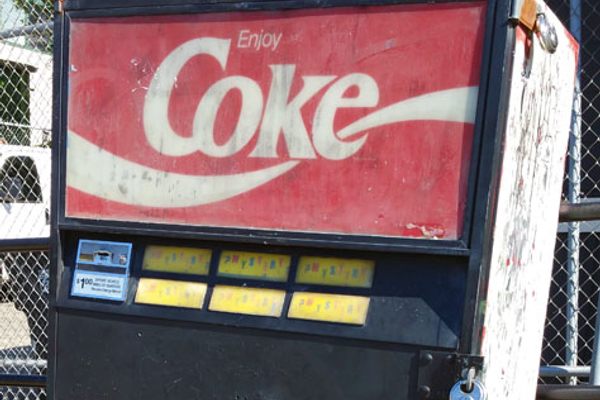


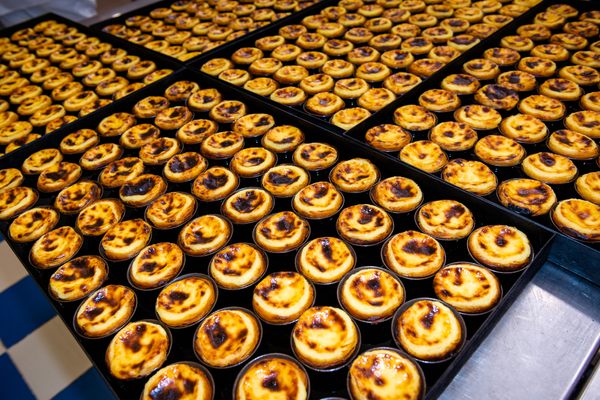

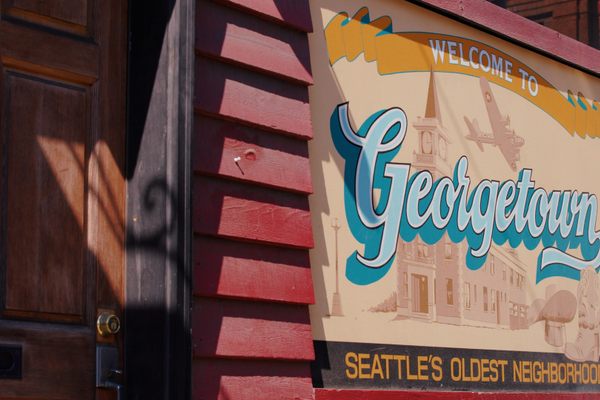
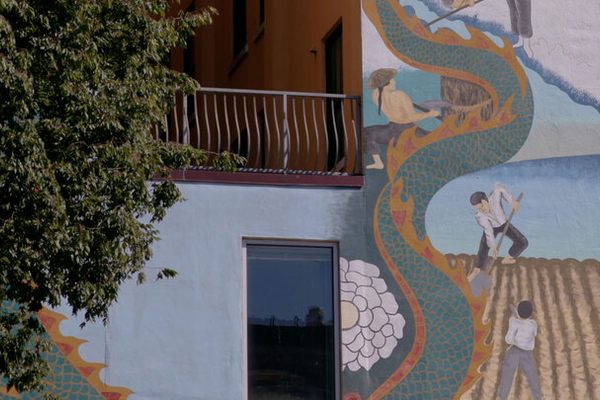


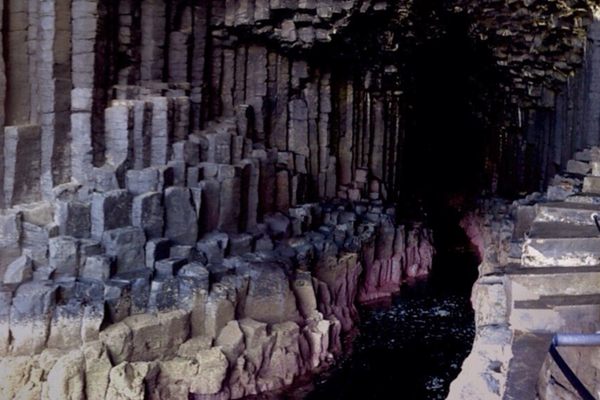








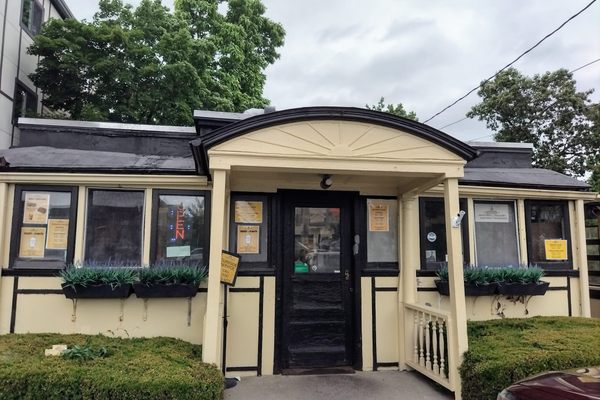

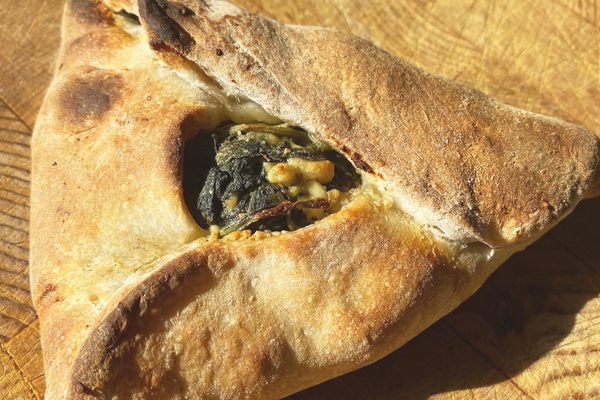
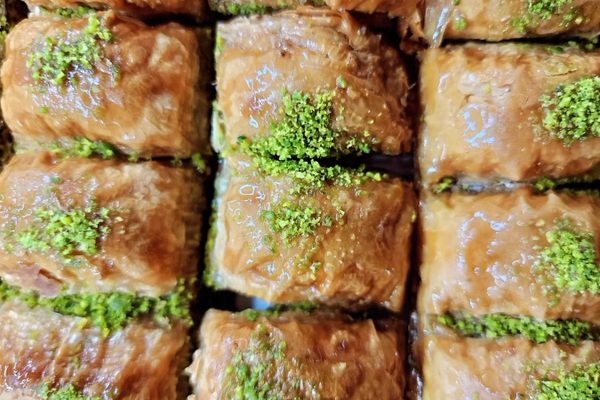
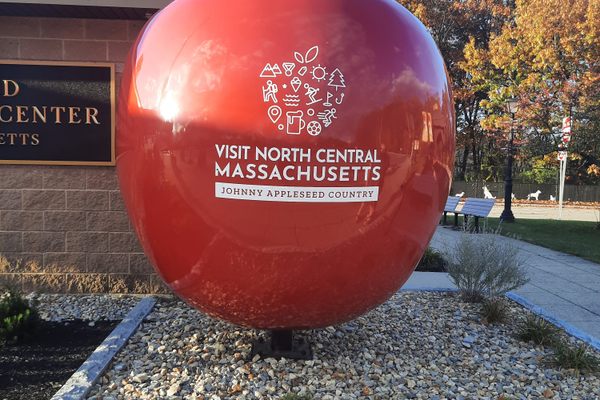


Follow us on Twitter to get the latest on the world's hidden wonders.
Like us on Facebook to get the latest on the world's hidden wonders.
Follow us on Twitter Like us on Facebook